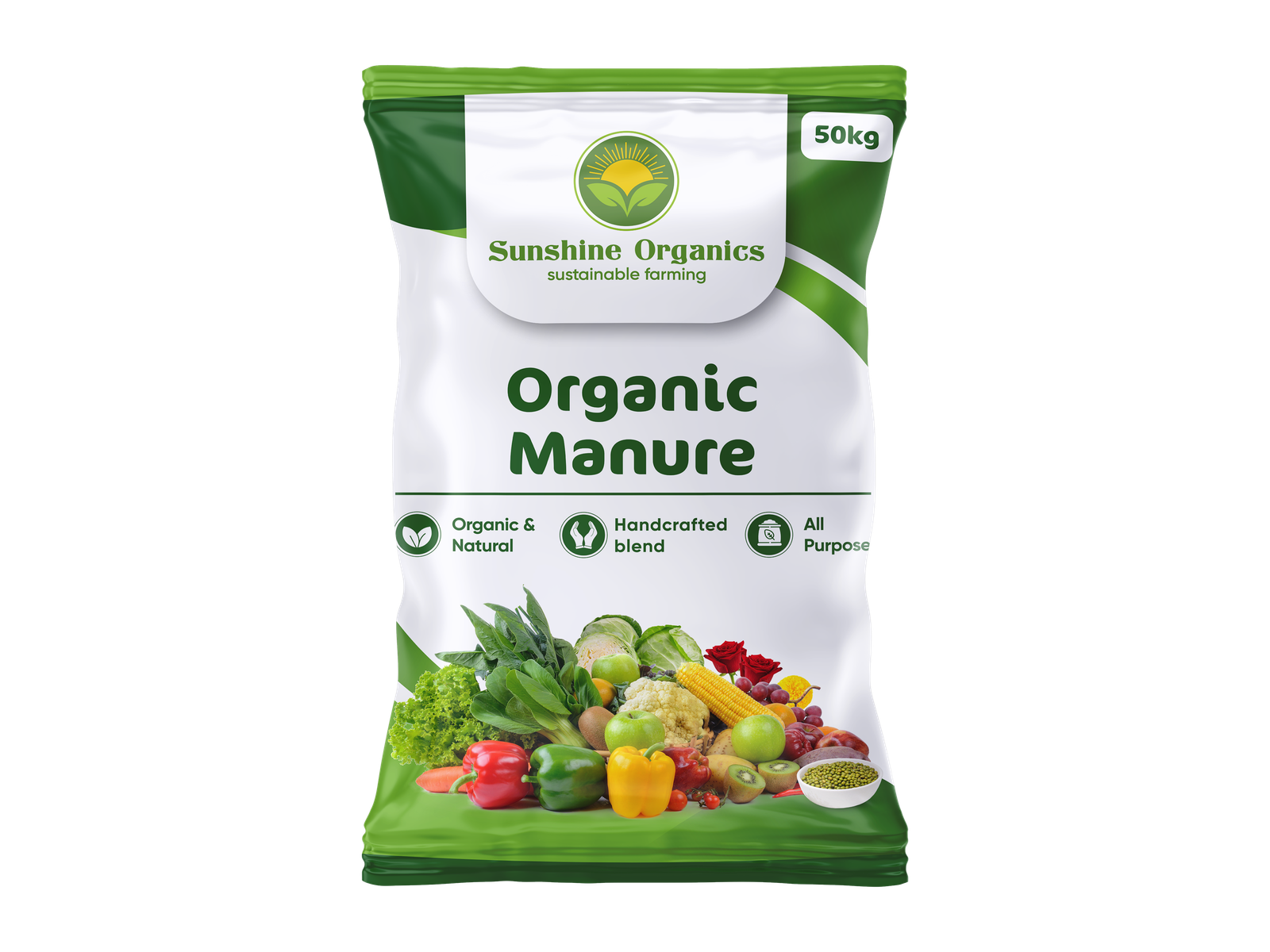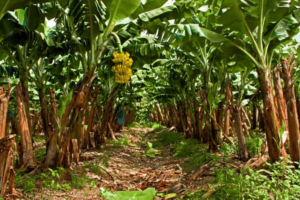
Organic manure is a valuable resource for enhancing soil health and supporting plant growth. Here’s a detailed look at its various applications:
- Soil Enrichment: Organic manure is highly effective in improving soil fertility. It adds essential nutrients, such as nitrogen, phosphorus, and potassium, which are crucial for plant growth. Additionally, it enhances soil structure, increases water-holding capacity, and promotes beneficial microbial activity. This leads to richer, more fertile soil that supports better plant health and higher yields.
- Compost Production: Organic manure can be used as a key ingredient in composting processes. When mixed with other organic materials like crop residues and garden waste, it helps in the production of nutrient-rich compost. This compost can then be used to improve soil health and fertility, providing a sustainable and natural alternative to synthetic fertilizers.
- Crop Fertilization: Organic manure is commonly used as a fertilizer in various agricultural practices. It can be applied directly to fields or gardens to provide a slow-release source of nutrients for crops. This gradual nutrient release supports sustained plant growth and reduces the risk of nutrient leaching compared to chemical fertilizers.
- Soil Moisture Retention: By improving soil structure and increasing organic matter content, organic manure enhances the soil’s ability to retain moisture. This is particularly beneficial in dry or drought-prone areas, as it helps maintain adequate soil moisture levels, reducing the need for frequent irrigation and promoting better crop performance.

- Soil pH Adjustment: Some types of organic manure, like composted poultry litter or manure from certain livestock, can help adjust soil pH levels. This is useful for correcting soil acidity or alkalinity, creating a more favorable environment for plant growth.
- Erosion Control: Organic manure can be used in erosion control practices. When applied as a mulch or incorporated into soil, it helps to reduce soil erosion by improving soil structure and increasing its ability to hold onto water and nutrients. This is especially important in sloped or vulnerable areas.
- Organic Farming: In organic farming practices, organic manure is a cornerstone for maintaining soil health and fertility. It aligns with organic principles by avoiding synthetic chemicals and enhancing the natural ecosystem through the use of natural amendments.
- Garden and Landscaping: For home gardens and landscaping, organic manure provides a natural way to improve soil quality and promote healthy plant growth. It is particularly useful for vegetable gardens, flower beds, and ornamental plants, contributing to lush and vibrant landscapes.
Overall, organic manure plays a crucial role in sustainable agriculture and gardening by enriching soil, supporting plant health, and promoting environmentally-friendly practices.
